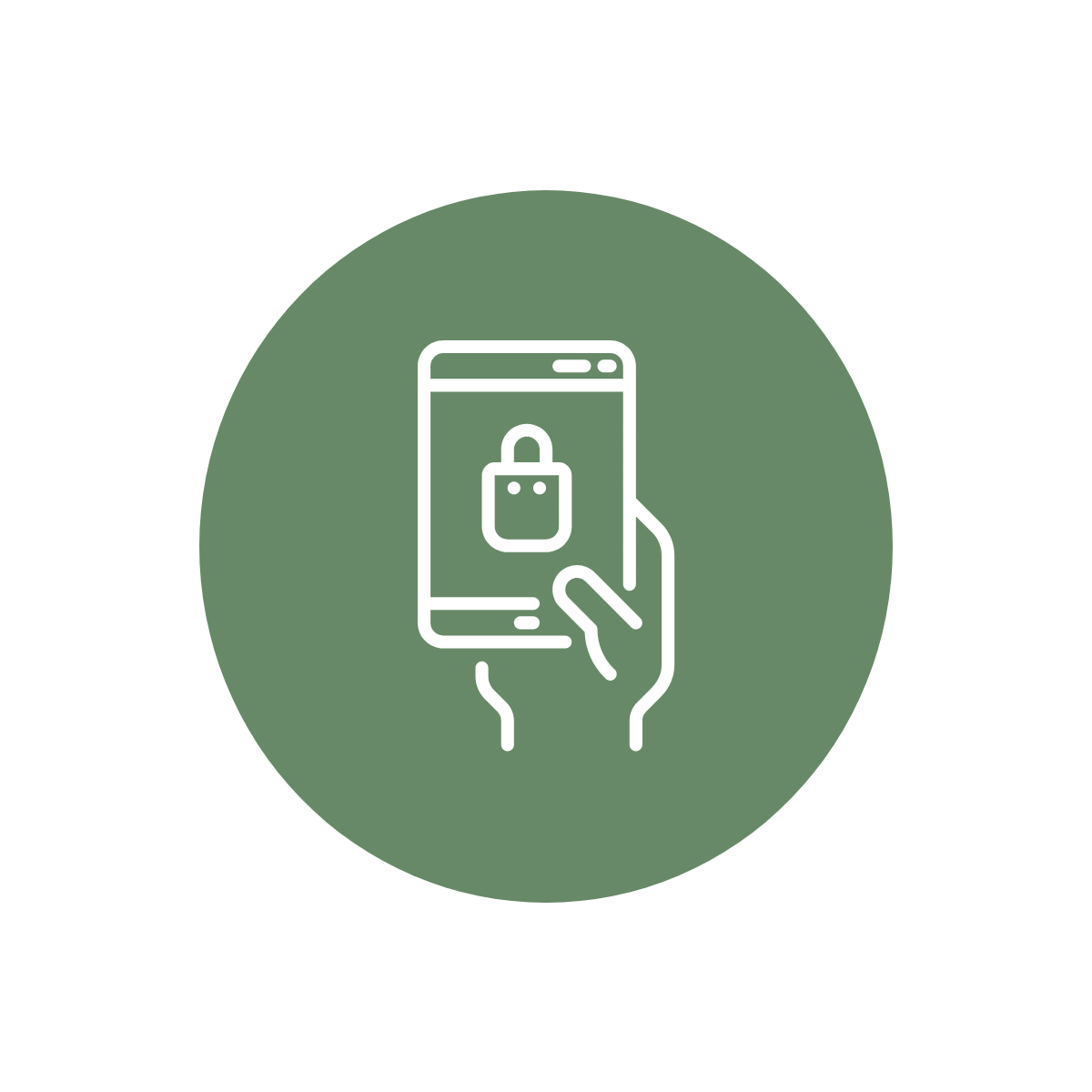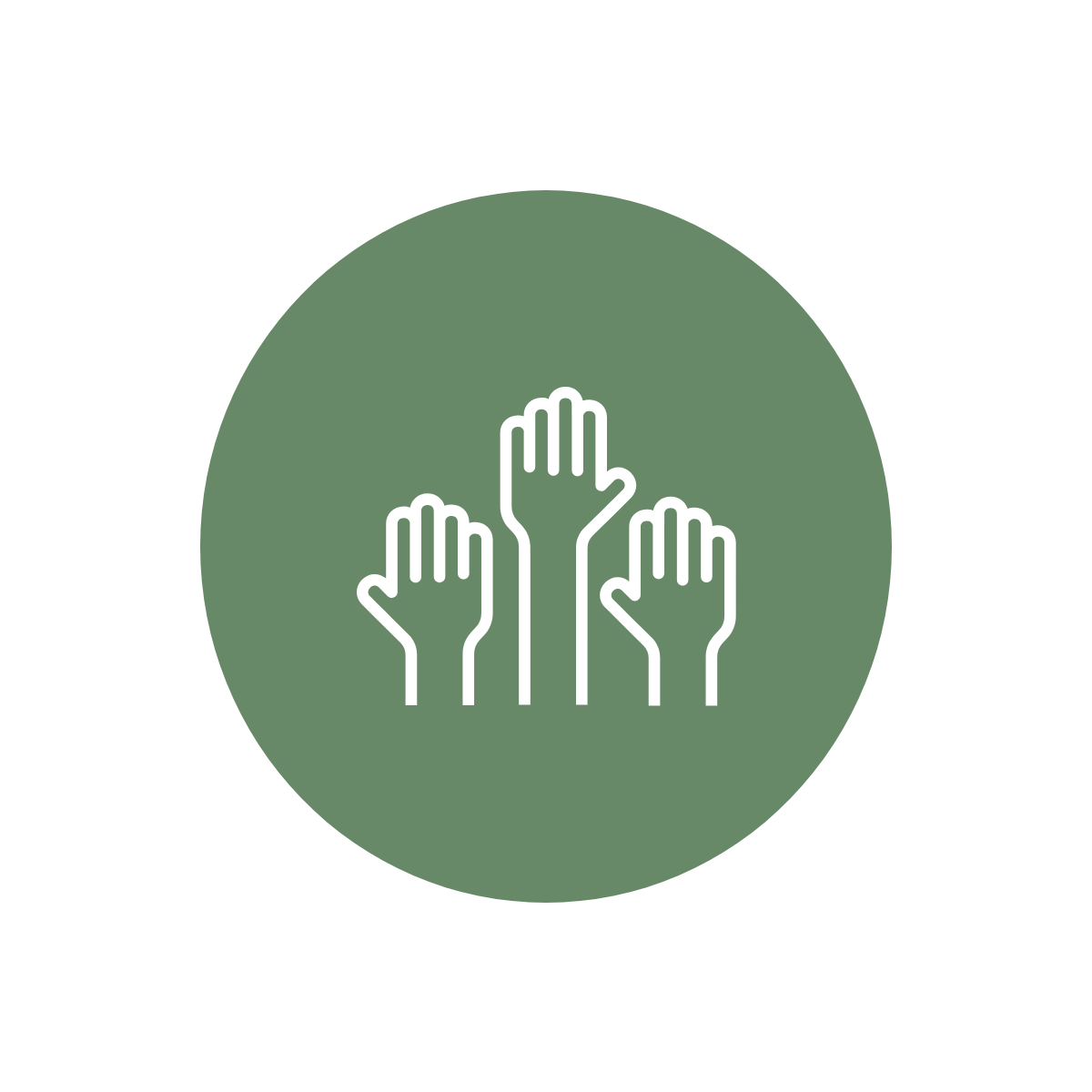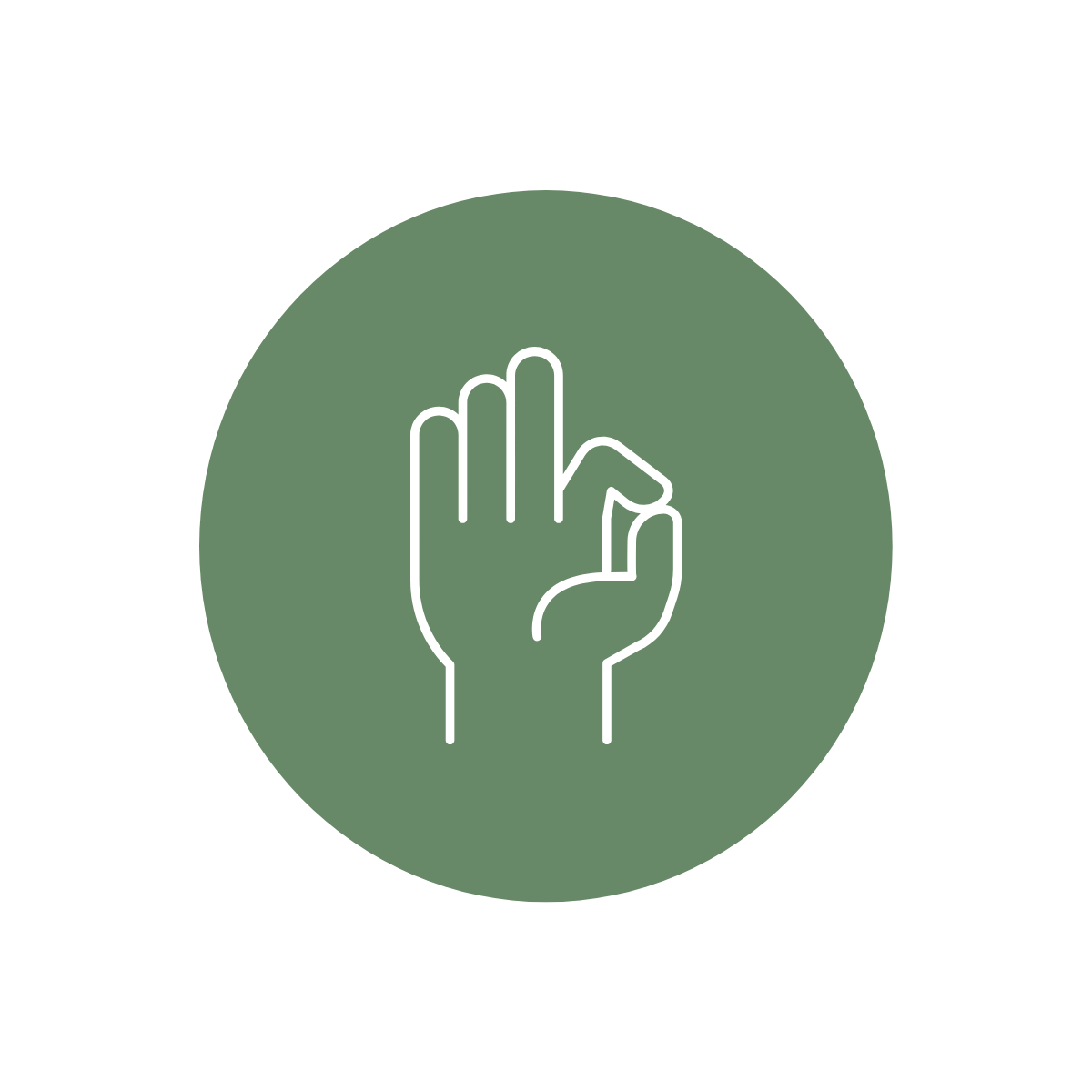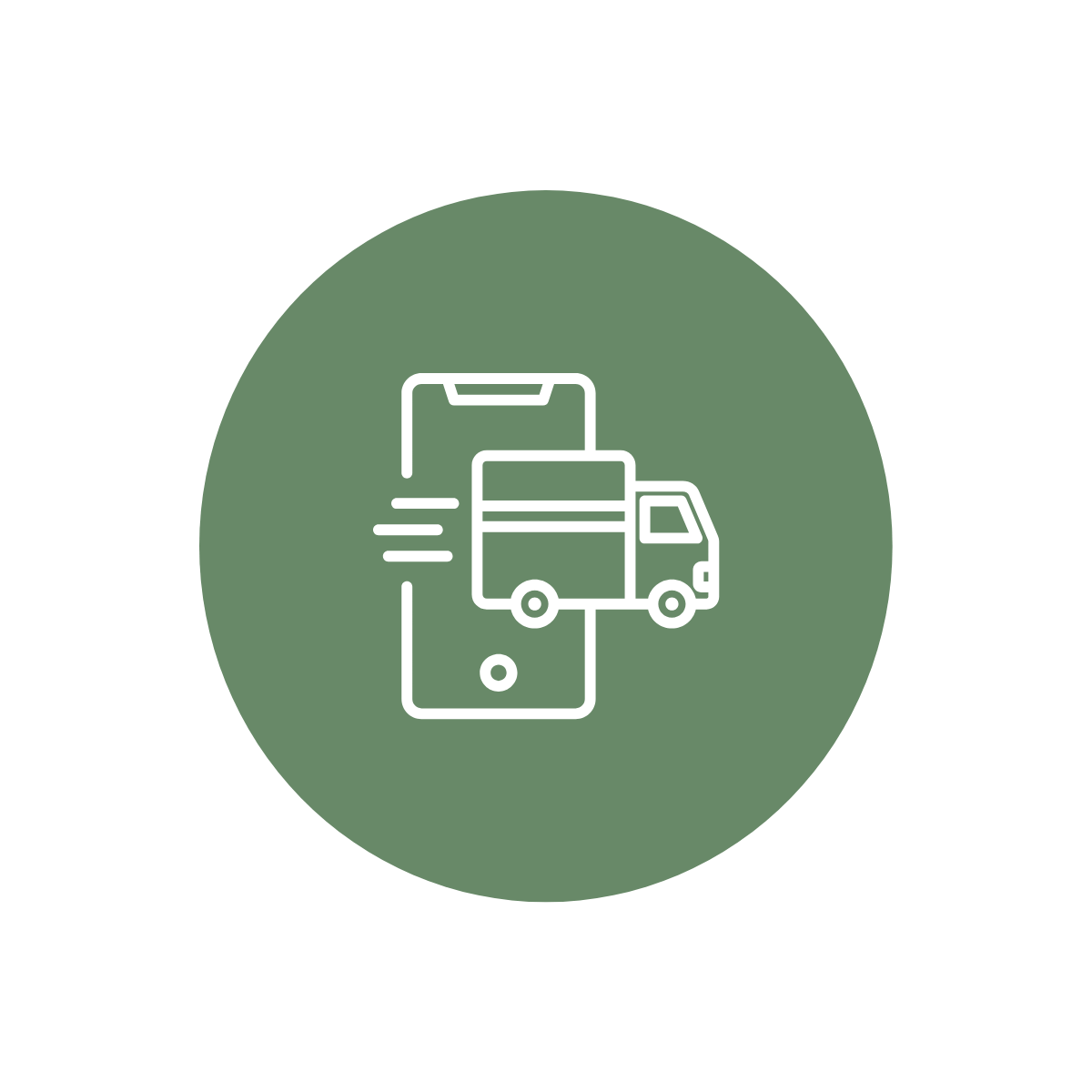[video below]
"Wish cycling", often referred to as "wishful recycling," is the practice of placing items in the recycling bin with the hope or belief they can be recycled, even if the items are not recyclable. This behavior stems from a desire to avoid waste and do the right thing for the environment but has negative consequences for the recycling process due to contamination, operational issues, reduced efficiency, and increased costs. This is why it is important to educate ourselves, so we can truly create the positive impact we wish to see.
Common Examples of Wish Cycling
Plastic Bags are easily subjected to wish cycling because they are recyclable; however, they are mainly recycled through a Store Drop-off program rather than in curbside collection. Plastics bags tangle in sorting machinery causing a delay in the recycling process and possible damage to the machines which increases operational costs. They may also contaminate other recyclables.
Food Waste is also common, and disposing of food waste should not be confused with composting. When food is in recyclable containers, the containers must be rinsed out and cleaned. Food contaminates the entire bag of recyclables rendering them non-recyclable and sent to the landfill instead.
Styrofoam is typically not recyclable in curbside programs, but is accepted by certain Store Drop-off locations. However, despite being accepted it is rarely recycled due to several reasons: lack of infrastructure, risk of high contamination, and high processing costs compared to its low market value.
Electronics, often referred to as “e-waste”, require special recycling programs due to the hazardous material they contain as well as the valuable components that can be recovered. Some manufacturers and retailers such as Best Buy and Staples, offer take-back recycling programs. You can also check with your local government for waste management facilities to find e-waste recycling centers near you or conduct a quick internet search of local certified e-waste recyclers.
Lastly, not all plastics are made the same. A common occurrence found in wish cycling is the disposing of certain plastics that are NOT recyclable to any degree. Check out the resources below to learn more about the seven types of plastics.
How to Avoid Wish Cycling
1. Educate Yourself: Learn about what can and cannot be recycled in your local area.
2. Check Labels: Look for recycling symbols and instructions on packaging.
3. When in Doubt, Throw It Out: If you are unsure whether an item is recyclable, it's often better to dispose of it in the trash to avoid contamination.
4. Use Resources: Utilize local resources, such as municipal websites and recycling guides, for accurate information on recycling.
By being more mindful about recycling practices and understanding what materials are accepted in your local recycling program, you can help improve the efficiency and effectiveness of recycling efforts, and make the most of your actions.
Resources:
Learn more about store drop off: How2Recycle.info










